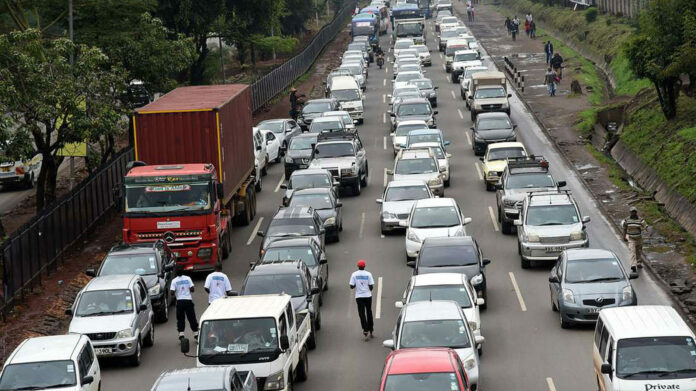The Finance Bill 2024 is proposing a vehicle ownership tax dubbed the new motor vehicle circulation tax. Under this new tax, Kenyans who own vehicles will pay as much as Sh. 100,000 to keep their vehicles on the road.
According to the proposed tax, the calculation will be based on the make, model, engine capacity and year of manufacture of the vehicle. To make it work, an insurer of a vehicle is expected to collect and remit the tax within five working days after issuing an insurance cover.
An insurer who fails to collect and remit the motor vehicle tax shall be liable to pay a penalty equivalent to 50 per cent of the uncollected tax and the actual amount of the uncollected tax. Whereas the impact on the pocket of the common man is evident, there are more far-reaching effects that show just how punitive this new taxation plot might be.
Kenyans to pay 16% VAT on cheque processing, forex transactions
Elijah K Samuel Karichu, a Kenyan who is a data analyst, expounded on how this new tax will hit people through an illustration showcasing what the ordinary common man who owns a vehicle in Nairobi will now go through.
Here’s the illustration that Mr. Karichu gave on what you should expect if the 2024 Finance Bill goes through:
“Assuming a man known as Elijah owns a Toyota Axio valued at Sh. 1.5 million.
Then, the Proposed Motor Vehicle Tax means that Elijah will be paying about Sh. 37,500 per year.
That’s an average of Sh. 3,125 per Month which will be coughed by Elijah from the Monthly Income.
Remember that Elijah had paid nearly Sh. 450,000 at the Point of Importation of his Toyota Axio
Also, driving the same vehicle requires fuel, which attracts nearly 40 per cent in tax for every liter consumed.
So, if Elijah consumes like 50 Liters/Month, then, he pays taxes worth nearly Sh. 4,000 per month.
The same vehicle is also attracting an annual insurance estimated as around 4 per cent of the value of the vehicle. The same insurance is also taxed.
Elijah in some cases want to evade the heavy traffic in the City, and then opts to use the Express way, the same road is tolled.
While Elijah would be happy to pay taxes and receive optimal services, the opposite happens.
He has to look for private hospitals for health care since there is sub-optimal services in the MoH Hospitals, or they are not even available in his hood.
He has to take his kids to a Private School, since there are Public Schools in his hood, and/or the quality is poor.
He has to spend days in the dark, since power reliability is becoming a big challenge.
He has to pay for security money in his estate, because there is no security.
He has to regularly visit the garage, because the roads conditions especially off the main roads are in poor condition.
On the contrary, his tax is being used to pay Presidential Advisors nearly Sh. 2 Billion annually.
His tax is being used to make international presidential trips every 10 days.
His tax is being used to import sub standard fertiliser and other inputs
Poor Elijah!”









